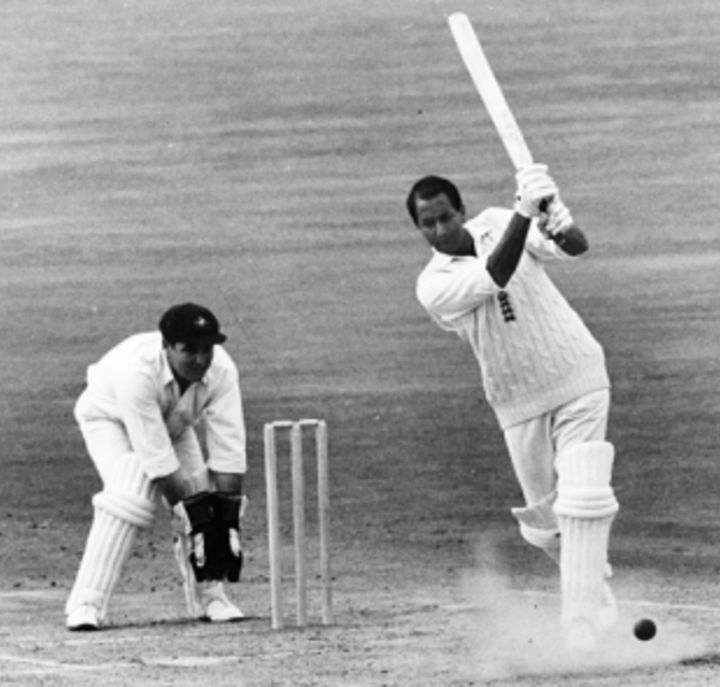Basil D'Oliveira's extraordinary life
Author Peter Oborne, Basil D'Oliveira's biographer, remembers the former England all-rounder on BBC Sport

Author Peter Oborne, Basil D'Oliveira's biographer, remembers the former England all-rounder on BBC Sport. Listen in here.
D'Oliveira was a fine cricketer in his own right but he will be best remembered as the man who unwittingly began apartheid's demise in 1968, says Jonathan Agnew, writing for the same site.
No other sport played a bigger part in bringing down apartheid than cricket and it all came about because of the ugly scenario in 1968. D'Oliveira's is the example I use when people tell me sport and politics should never mix. Sport can have huge political influence in the right situation.
Scyld Berry, writing in the Daily Telegraph, says no professional cricketer could have had a career so full of emotion and controversy as D’Oliveira.
In non-white South African cricket, on rough pitches usually of matting, D’Oliveira hit 80 centuries before trying for better luck abroad ... The confusions which D’Oliveira had to overcome in his career were illustrated when he returned by ship to Cape Town at the end of his 1960 [England] season: so sporting, if only in the literal sense, were many white South Africans that he was feted on landing, and driven in triumph through the streets, accompanied by bands, to a reception by the Mayor of Cape Town. Yet, at the same time, his heavily pregnant wife Naomi was not allowed to use the whites-only toilet at the docks.
The Independent on Sunday has a comprehensive package on D'Oliveira. Peter Hain, the Labour MP and anti-apartheid campaigner whose efforts helped stop South Africa's tour of England in 1970, writes about how D'Oliveira became the catalyst for the global campaign to defeat apartheid in South Africa.
In the same paper, Stephen Brenkley details how John Arlott helped bring D'Oliveira to England, which Arlott regarded as "the single act he was most proud of in his life." Guy Fraser-Sampson looks into the role then England captain Colin Cowdrey played in the D'Oliveira affair. And Rob Steen points out that the details of the famous selection meeting in 1968 after which D'Oliveira was left out of the South Africa tour are still scarce.
In the Observer Mike Brearley analyses the social significance of the D’Oliveira affair, and also looks at the burdens D’Oliveira had to bear.
He was under pressure from all sides, from militant black groups accusing him of selling out, to friends relying on him to carry the flag of non-white cricket, to those who would prefer him to be out of the picture.
And here's the paper's obituary of D'Oliveira.
On CricketWeb, Martin Chandler looks at the life and times of D'Oliveira.
What could have become of Dolly had he conducted himself differently? What dark threats might he have received in those difficult and stressful days? It is frightening to imagine ... But to my mind that serves only to underline the respect due to a man who, despite the enormous unfamiliar pressures heaped upon him, maintained the same quiet and unruffled dignity throughout his long life.
D'Oliveira's biographer Peter Oborne, writing in the Daily Telegraph, says the cricketer had never imagined that he would become central to the most important sporting controversy of modern times.
Back in the 1960s, the majority of the British sporting public had never given so much as a passing thought to the terrible injustice of South African apartheid. But when they saw this quiet, unassuming man banned from playing the sport he loved just because of the colour of his skin, the British people gave their hearts to Basil D’Oliveira because they sensed that something was badly wrong.
Nikita Bastian is a sub-editor at ESPNcricinfo
Read in App
Elevate your reading experience on ESPNcricinfo App.